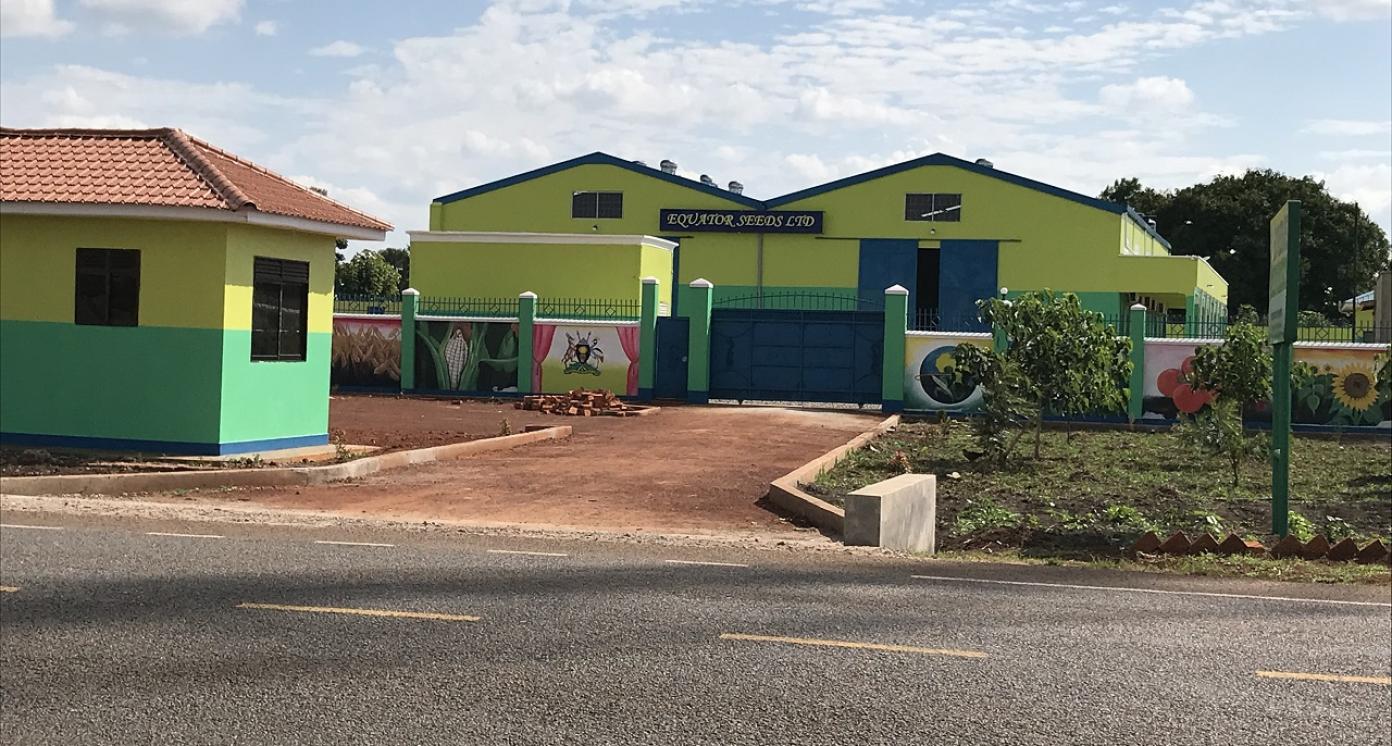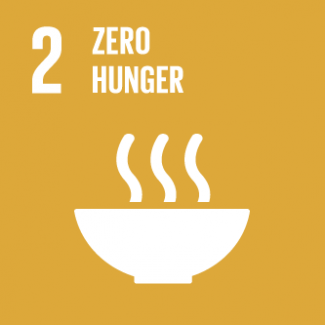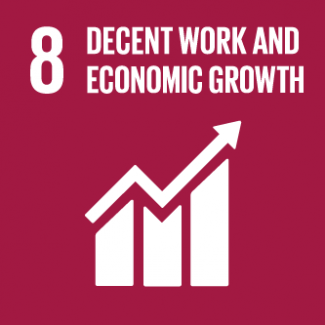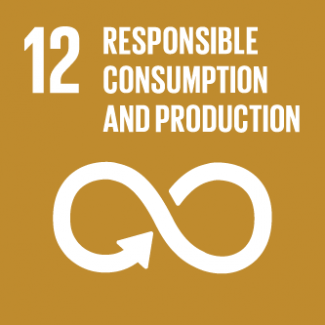Equator Seed Limited (ESL) is a limited liability company incorporated in 2011 for disseminating quality and dependable seeds and other related inputs and services to all farmers especially in Northern Uganda. The company is one of the leading full line seed companies in country. The aim of the developers was to establish a company that would provide quality seeds in Uganda especially to the Northern region which was recovering from a civil war. These seeds go mainly to smallholder farmers who produce about 90% of Uganda’s agricultural output.
In Uganda, 47% of the population is engaged in subsistence agriculture in 2020, up from 39 percent in 2017. The agriculture sector suffers low productivity due to lack of quality inputs, limited affordable agricultural financing, ineffective extension services, deficient market information, lack of access to markets, as well as climate change. Rural-urban migration also threatens the country’s agricultural output. To meet its food security and nutrition challenges, Uganda must raise the productive capacity of its farmers of which high quality and reliable seed inputs is vital.
ESL works with farmers who are equipped with skills to grow quality seeds. Currently, the company works with 6,527 farmers and out of these about 48% are women and 20% are youth. The company distributes kiosks in rural and urban centers to individuals who sell the company products. It has over 255 such input dealers, over 60% of who are women. The aim of the company is to continue creating opportunities especially for the youth and women. Women are encouraged to take up leadership roles in the 52 cooperatives that supply the company with seed.
ESL engages with farmer cooperatives, with more than 3,000 smallholders contracted as annual outgrowers. This engagement ensures high quality standards for uniformity and generic purity. In addition, the company capacitates smallholders with a focus on women and youth as key constituencies. Packaging of ESL products is done in a range of languages to ensure broader reach and inclusiveness in its distribution.
The company seeks to increase capacity to meet demand, specifically through the addition of processing equipment and working capital, targeting 12,000 farmers with an expected 85 cooperatives. For this, it is raising more than 900,000 USD. The investment will lead to the strengthening of livelihoods through the improvement of household incomes, hunger alleviation, and better nutrition. It also promotes good jobs, economic growth, and innovation through the economic empowerment of women and youth who are presented with increased opportunities to do business.
This case study is sourced though a partnership with the UN Capital Development Fund (UNCDF) and has gone through the “dual key” analysis that undertakes an impact and financial assessment of the investment. The company was identified through the Support to Agricultural Revitalization & Transformation (START) facility, which was designed with funding from the European Union (EU) to support the implementation of the Development Initiative for Northern Uganda (DINU) programme’s food security and nutrition component by providing affordable medium-term finance for value adding projects to promote supply of diversified food options. It is a blended finance facility with an explicit objective to leverage private sector finance for agribusiness SMEs and prove them as an asset class for the domestic financial sector.



















